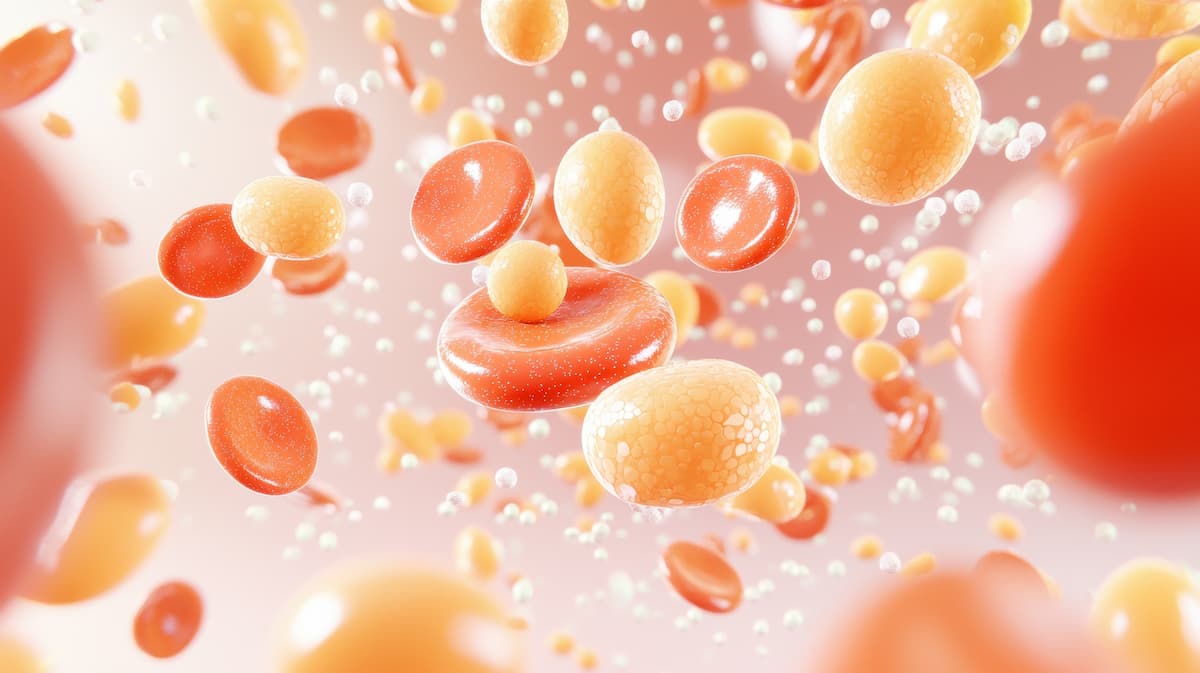Article
Solutions to the Drug Shortage Crisis
Most of the solutions that have been proposed to eradicate the drug shortage are flawed. Better, more practical solutions are needed.
The United States is facing an unprecedented number of drug shortages. Of the 34 generic cancer drugs on the market, as of this month, 14 were in short supply. While the impact on cancer therapy is often maximized by these shortages, shortages have affected the current standard of care. Common, inexpensive medications like calcium gluconate, sodium and potassium phosphate and IV famotadine are all suddenly on back order, or shortage, with no end in sight. These drugs are very commonly used and are often part of the standard of care for patients in Intensive Care (ICU) settings.
Why does it happen?
Individuals assert that these shortages result because companies refuse to make these drugs because they are both (1) unprofitable and (2) subject to excessive regulatory oversight.
Suggestions so far that are unlikely to work:
- National Stockpile System: Individuals have lobbied for a type of national storage system where certain quantities of drugs are made available for extended periods of time. It is unlikely that this system would work since: Bureaucracy: It creates an additional and unnecessary governmental beauracracy that primarily monitors the expiration dates of drugs. Waste: Additionally, it converts the government into one of the largest buyers for pharmaceuticals that are unlikely to be used. Operations: Operationally, the idea seems "half baked" since the following decisions would need to be made: Will the government keep every single drug there or will only a certain "list" of drugs be kept available? Who decides which drugs should be retained? Will this list include both branded and generic drugs? Should brand drugs be included or just the generics? If just the generics then why not the brand because sometimes the brands are the most useful ones to have. Because they are the latest in technology. On the other hand if you include the brand are you going to keep several million dollars worth of drugs just sitting in some kind of storage/dispersion facility just waiting for a shortage? I think that that solution is going to be inadequate.
- Early Warning System: Others have argued that having some kind of warning system to inform hospitals and pharmacies of upcoming shortages would be helpful. Unfortunately, this would have the unintended effect of hastening drug shortages. Hospitals and pharmacies would likely begin to stock pile the drugs that would have a limited production.
Solutions:
Monetary Incentives
The long term solution for such shortages caused, due to insufficient profits, is to incentivize the production of these "unprofitable" drugs. Incentives may include:
- Shorter approval times for facilities willing to manufacture the drug provided that the facility guarantees production of the drug for a period of say 5 years.
- Minimum pricing for drugs would likely have minimal effect on the cost of the drugs but would likely allow for companies to know that they are guaranteed to make an acceptable profit on selling such drugs. This would likely incentivize the production of these drugs.
FDA Audits
The FDA has taken a much stricter viewpoint of what constitutes potentially adulterated drugs. While the regulations have not changed, the enforcement has been stepped up to the extent that the rules to participate have meaningfully changed. While the FDA is charged with, and must protect the interests of patients, it is important for the FDA to realize that patients also suffer when they do not get the drugs they expect. The FDA must hence be more judicious in its prosecution of every potential error that they observe.
Newsletter
Stay informed on drug updates, treatment guidelines, and pharmacy practice trends—subscribe to Pharmacy Times for weekly clinical insights.





